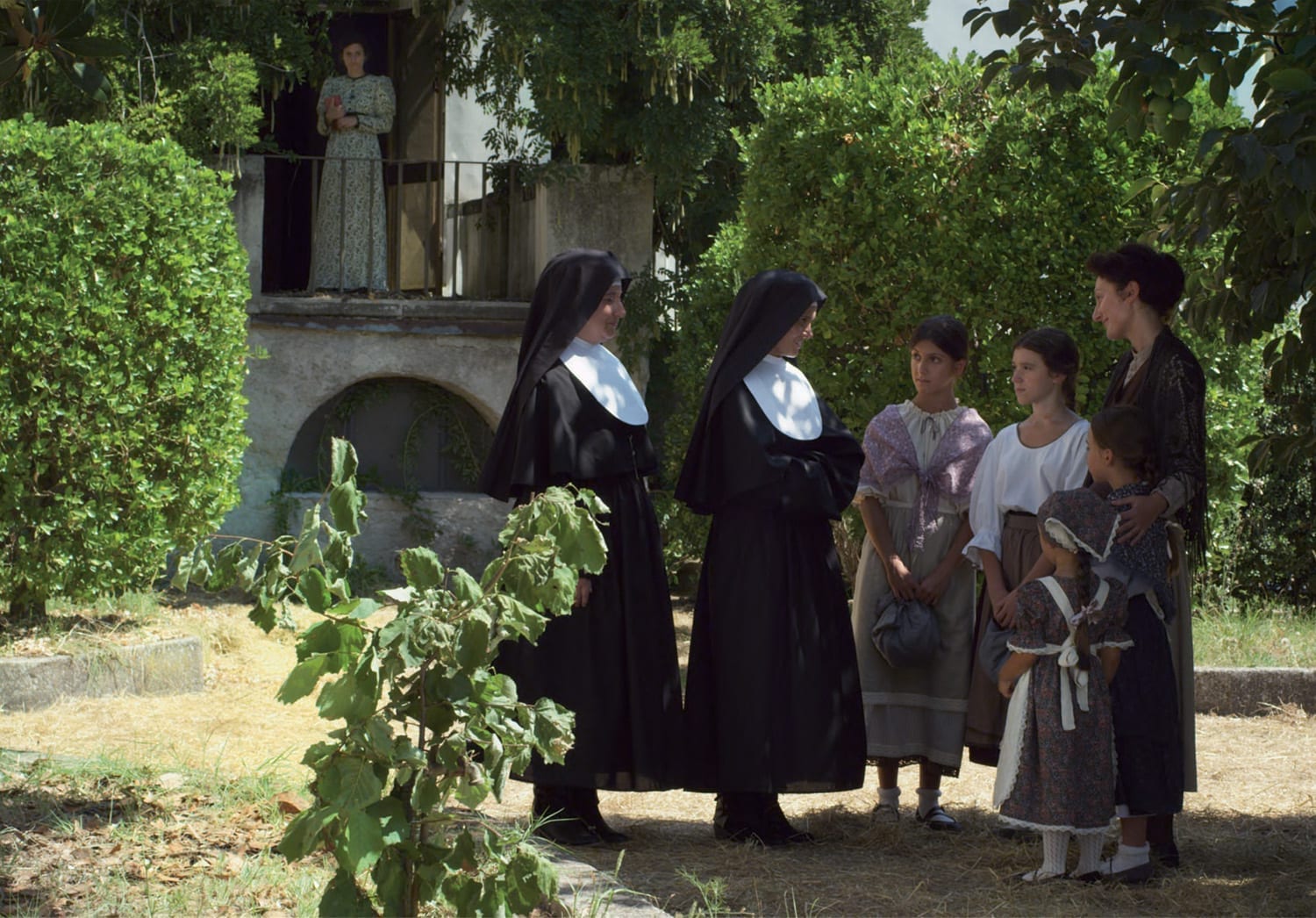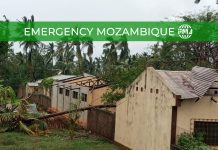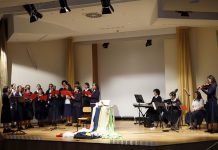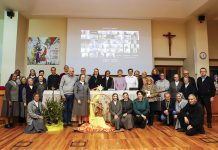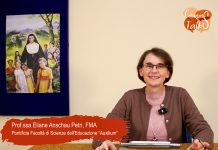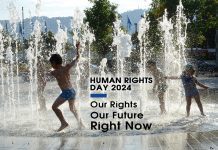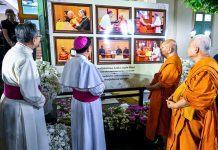Charismatic Vision
We are a Religious Family born from the heart of St. John Bosco and from the creative fidelity of St. Mary Domenica Mazzarello. The Daughters of Mary Help of Christians, consecrated to God to serve Jesus Christ in community, dedicate their life to the human, Christian, and Salesian education of the young people. Don Bosco chose for them Mary, Help of Christians, who knew how to incarnate and live the pedagogy of ‘taking care’, which concretizes their educative passion for the young and makes them women who generate life in the heart of Contemporaneity.
They are known in the world as Salesian Sisters and Salesians of Don Bosco.
On August 5, 1872, Mother Mazzarello with the first group of eleven young women pronounced their ‘Yes’ to be helpers among the young people like Mary.
“Through a gift of the Holy Spirit and with the direct intervention of Mary,
St. John Bosco founded our Institute as a response of salvation
to the profound hopes of girls and young women.
He endowed it with a spiritual heritage inspired by the charity of Christ, the Good Shepherd,
and imparted to it a strong missionary characteristic.” (Const. FMA 1)
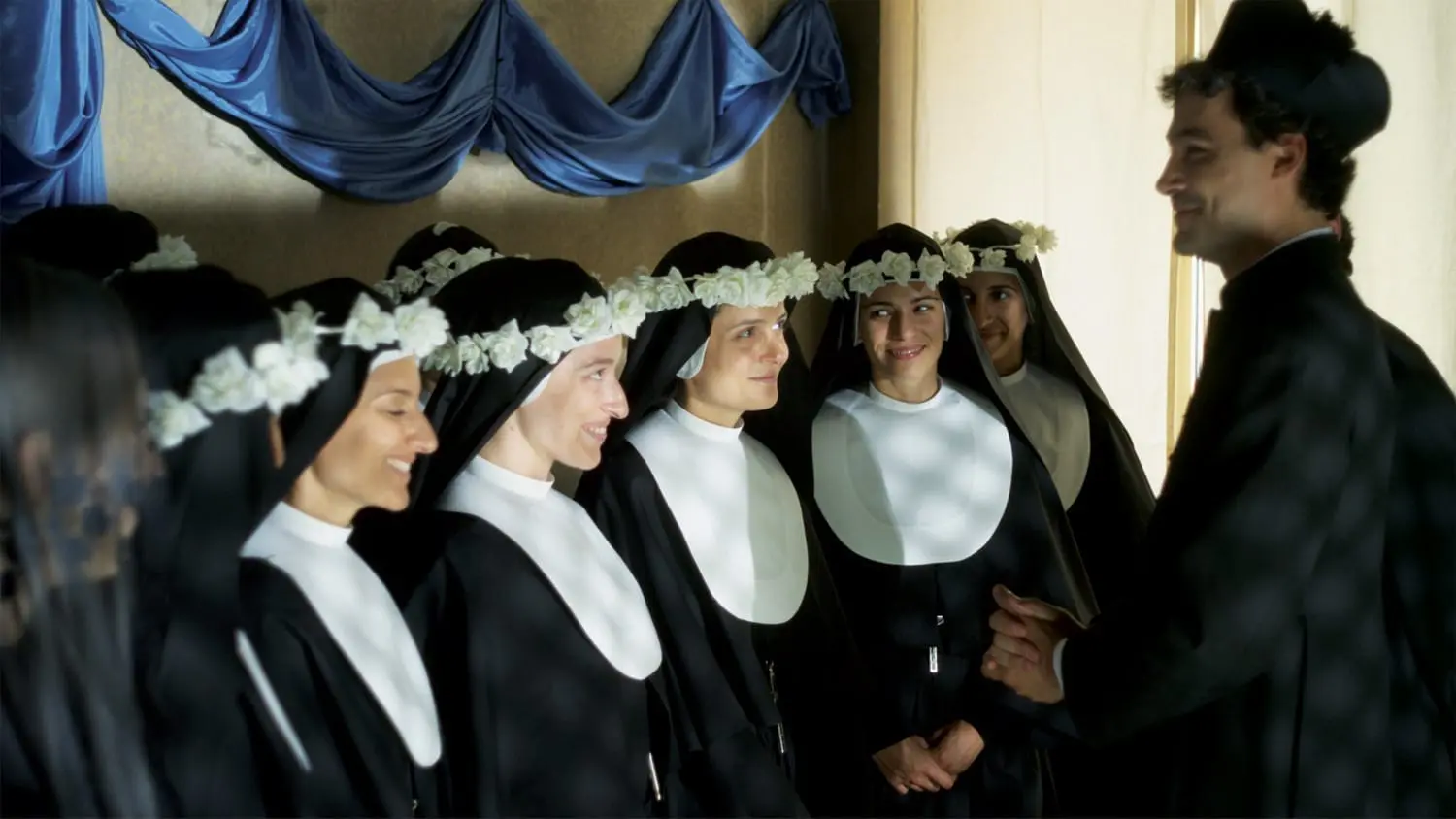
Charismatic Mission
The missionary dimension is an essential element of the identity of the Daughters of Mary Help of Christians (Const. FMA 75) and is expressed in Contemporaneity, in the choice of Educommunication living the Preventive System in the light of a Christian anthropological vision as a call of God and fidelity to the Salesian charism in the style of the “Da mihi animas cetera tolle and of A te le affido” (cf. Acts GC XXIII, n.66, 4).
Animated by the Salesian charism with the specific characteristics of the ‘spirit of Mornese’, the FMA have as the goal of their work the integral growth of people, the accompaniment of the young in their journey of maturation in their life project, formation in the faith, and education to active citizenship, to gratuitousness, and to solidarity in the style of Don Bosco’s Preventive System.
The education of the young woman is a priority choice of the FMA that is carried out in various Countries with diversified interventions: cultural formation and evangelization, insertion in the work world, promotion of feminine cooperatives in the missions, rehabilitation of girls who are victims of prostitution, of human trafficking, guiding them to fight for their dignity and for the elaboration of a culture inspired by Christian humanism.
Among FMA works there are: Oratory/Youth Centers, Schools and Vocational Formation Centers, Institutions of Higher Studies, works for children/adolescents, disadvantaged young people, Spirituality Centers, Centers for the Promotion of the Woman, Association of International Volunteers Woman Education Development (VIDES), Office of Human Rights (IIMA – Switzerland).
These works are animated by FMA Educating Communities moved by ardor for the da mihi animas cetera tolle with feminine sensitivity, inspired by the charism of the Institute, open to collaboration with families, Institutions, lay women and men who share the same mission with them. In synergy with the heart of the young people, they listen in order to discern ‘other places’ where they can live the Gospel logic of gift and of fraternity. They let themselves be challenged by all the human peripheries, with particular attention to the situation of young people and young women, human mobility, care for the common home, the digital environments, the search for a just and secure peace.
The Educating Communities with many faces, “founded on the presence of the Risen Christ and nourished by Him, Word and Bread”(Const. FMA, n. 49), live the shared mission which is participation in the same charism as a gift of the Holy Spirit for the present and for the future in which the laity are an “active, conscious, and responsible part of the Church’s mission” (Post-Synod Apostolic Exhortation Christifideles Laici, 1988, No. 3). In the actual world context, they strongly feel the call to be a prophetic presence, a sign of unity and of inclusion in the evangelical commitment for social and cultural transformation, to promote life, and to build a world that is more human and open to the Gospel.
